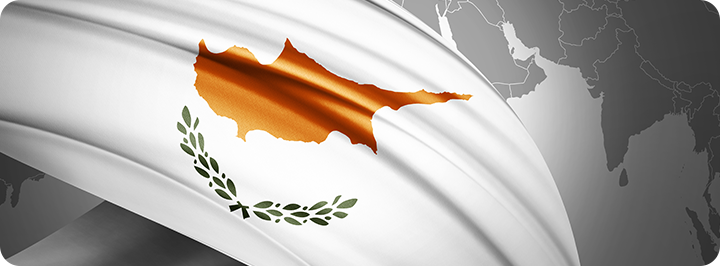How to start ecommerce business in the EU if your company is in India?

India is one of the fastest growing economies in the world offering online services and goods at a highly competitive prices. As your ecommerce business develops in India, you can look for international markets to expand globally.
The European Union inarguably offers great opportunities for ecommerce business. With the rule of free movement of goods, you can offer services and sell online within the European market. This means that your goods and services can move freely in the EU without any additional costs provided that you comply with the European rules and regulations. Besides, there is no difference between customers in the EU. They access the same website and pay in the same currency.
What is the easiest option for starting online sales in the EU?
There are many options that can help you start selling to the EU without any difficulties. For instance, such marketplaces as Amazon, Ebay, Shopify to name a few offer amazing opportunities for distance selling of goods. The most important thing is that they take a lot of legal formalities on themselves. For example, you don’t need to register for VAT number or prepare personal data protection policies in order to trade legally in the EU. These marketplace platforms are very easy to begin to trade.
However, Amazon, Ebay and Shopify are extremely competitive marketplaces. Your goods and your online shop itself should attract potential customers with something unique. Don’t forget to prepare a detailed description of goods and attach high resolution photos. Images of your goods are really important as these are the first things your customers see. There is a number of resources available online that can teach you to make nice and appealing photos. If you want your customer to return on a regular basis, you should provide impeccable services to them. Think about branded packaging, enclose a note and answer quickly to your customer’s inquiries to resolve any questions. These are just a few things that customers value.
How to get paid online?
Another thing to consider is how to get paid online. The good news is that there are numerous and convenient options for accepting payments with the use of online payment systems. Online payment systems are modern and useful tools to facilitate online payments. In comparison to traditional banking accounts, it is easier and quicker to open an account in a payment system. Maintenance and transaction fees are lower that make them highly competitive and much-in-demand among startups, small and medium-sized businesses, companies that intend to develop globally or customers that make or accept payments from international partners. The payments are processed faster than usual.
What are the legal requirements for selling online in the EU?
If you prefer to be on your own and sell through your own website or other means, the thing you should consider before you sell online to the EU is to analyze whether you need to obtain VAT number. For example, if you sell a product to an EU-VAT registered business operating in another EU country, you don’t charge VAT on that sale. If the same product is sold to the final consumer within the EU, you may need to charge VAT at the rate applicable in their country.
Besides, the EU has various regulations on distance selling of goods and services. And you need to fully comply with them. This means that you are obliged to provide full and accurate information about your goods, services or digital content. All prices should be shown accurately and in advance. You should calculate delivery fees to the EU beforehand. You cannot charge extra if you already agreed with the customer on a specific price. You have to be prepared that a customer may wish to request returns or refunds. In certain cases, a minimum of 14 days is given for the customer to decide on returns and refunds.
The EU has also a wide range of standards and technical specifications for different categories of products. You must ensure that your products comply with such rules before you sell your goods to the EU. Such standards may regulate the product’s manufacturing process and provide specifications on flammability and hygiene standards. These regulations exist both on European and national levels.
Though your company may situate in India, you are still obliged to comply with the European personal data protection regulations. The new rules that entered into force on May 2018 apply to international companies that process and use customers’ personal information. The information that you may get from buyers include, without limitation, their name and personal address, email and user preferences. All such information should be protected against disclosure or illegal use.
The current mechanisms provide excellent and convenient tools for online trading. If you are a small or middle sized company, it would be much easier to sell through online marketplace. As your business grows you can launch your website and develop your own brand in the EU. You can even consider incorporating your business in one of the EU countries, such as the UK, Gibraltar, etc.





Every country has a legal procedure for starting business. You need to prepare a specific set of documents and submit them to registration authorities. Once the documents are fully ready, it may take you from one day to several weeks for incorporation in the EU.
Please keep in mind that online payment methods cannot be fully secured. But you have to choose providers that provide modern methods of security. Choose between reputable online payment providers.
To me, setting up an ecommerce store in Europe was the hardest thing I could ever accomplish. To my amusement, it seems like a very easy and straightforward task. As long as you follow the laid out rules and procedures you can easily set up an ecommerce store in Europe.
Yes, you are absolutely right.
It is mandatory eu vat registration to sell products through Amazon and eBay in eu countries, like Britain, Germany, France and countries?
What is cost for eu vat registration?
Dear Anil, please contact us for more details about VAT requirements and cost of registration. We are able to answer your question based on the background information about your business.